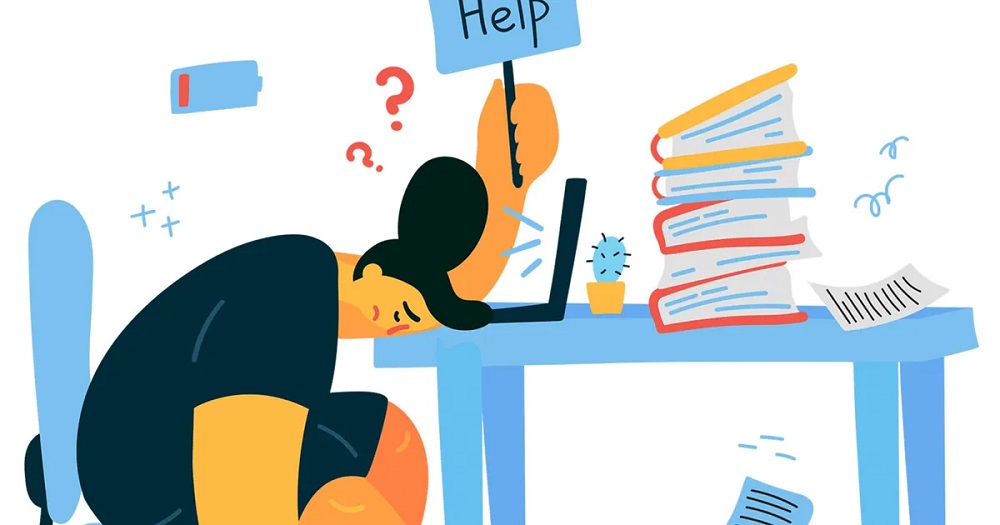Today, more than ever before, stress has become a constant companion for many of us. And where does a lot of that stress end up? You guessed it: Right in the jaws! Learning how to relax your jaw is more than just a matter of comfort. It is about improving your overall health and well-being.
Tight jaw muscles can lead to a myriad of issues, from headaches and toothaches to TMJ disorders. But fret not! With some practical tips, we can tackle this problem head-on.

Andrea / Pexels / Tight jaw muscles, or jaw tension, occur when the muscles around the jaw, known as the temporomandibular joint (TMJ), become contracted and strained.
What are Tight Jaw Muscles?
Before we dive into how to relax your jaw, let’s take a moment to understand what we are dealing with. Tight jaw muscles, or jaw tension, occur when the muscles around the jaw, known as the temporomandibular joint (TMJ), become contracted and strained. This tension can be caused by stress, anxiety, teeth grinding (bruxism), poor posture, or even excessive gum chewing.

Nathan / Pexels / When your jaw muscles tighten up, it can lead to discomfort, pain, and even changes in how your jaw opens and closes.
But why does this happen? Essentially, it is your body’s response to stress or misalignment, holding tension in the jaw as a protective measure. Recognizing the signs early and knowing how to relax your jaw can help prevent further complications and discomfort.
How to Relax Your Jaw?
One of the most effective ways to relax your jaw and ease muscle tension is through stretching exercises. Here are a few you can try:
- Open Wide: Gently open your mouth as wide as you can without causing pain. Hold this position for a few seconds, then slowly close your mouth. Repeat 5-10 times.
- Side-to-Side: With your mouth slightly open, slowly move your jaw to the left, then to the right. Hold each position for a few seconds. This exercise helps stretch the muscles on the sides of your jaw.

FrontStory / To loosen your tight jaw muscles, try different stretching exercises.
- Forward Stretch: Push your lower jaw forward until you feel a stretch under your chin and hold for a few seconds before returning to the starting position.
Massage Your Jaw Muscles
Massaging the jaw muscles can help reduce tension and increase blood flow, providing relief from tightness. Use your fingers to gently rub the muscles along your jawline in a circular motion, moving up towards the area in front of your ears where the TMJ is located.
Applying warm compresses before massaging can also help relax the muscles further.
Mind Your Posture
Poor posture, especially while sitting or sleeping, can contribute to jaw tension. Ensure your computer screen is at eye level to avoid straining your neck and jaw.
/ Pexels / Be mindful of your postures to avoid tight jaw muscles in the first place.
When sleeping, try to keep your head in a neutral position, using a pillow that supports the natural curve of your neck.
Practice Stress-Relief Techniques
Since stress is a major contributor to tight jaw muscles, incorporating stress-relief techniques into your daily routine can make a big difference. Activities like yoga, meditation, deep breathing exercises, or even a simple walk can help reduce overall stress levels, thereby helping to relax your jaw.
Summing Up
Understanding how to relax your jaw is crucial in managing stress and preventing further dental or health issues. By incorporating jaw stretching exercises, you can significantly reduce the tension in your jaw muscles. Remember, taking care of your jaw is just as important as taking care of the rest of your body.
A relaxed jaw not only feels better. But can also improve your overall quality of life. So, take a deep breath, stretch those jaw muscles, and smile your way to a healthier, more relaxed you.















